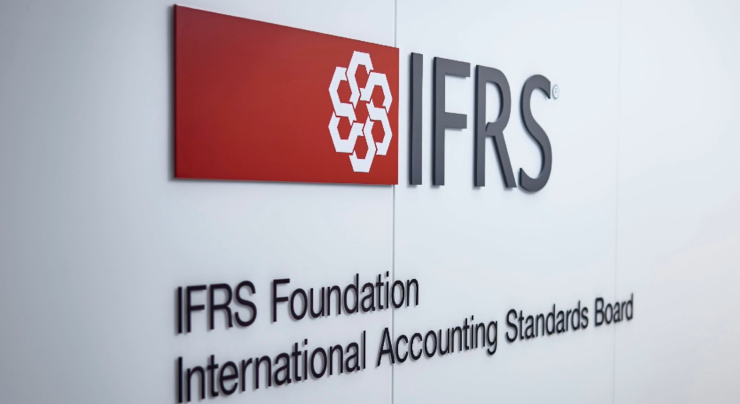IASB aims to amend financial instruments standard for ESG

The International Accounting Standards Board is proposing to modify its financial instruments standard to deal with assets with environmental, social and governance features, as well as electronic payment systems.
The IASB released an exposure draft Tuesday proposing to amend the classification and measurement requirements under International Financial Reporting Standards for financial instruments, known as IFRS 9.
The IASB worked for years with the Financial Accounting Standards Board in the U.S. on converging the financial instruments standards under IFRS and U.S. GAAP, but they ultimately went their separate ways on the project, especially when it came to deciding how to treat impaired loans. The IASB released IFRS 9 in July 2014 and it took effect in January 2018.
The IASB then conducted a post-implementation review to see how well the standard has been working over the past few years. Last December, the review ended and the proposed changes are responding to the feedback received during the review.
IFRS 9 introduced a new credit impairment model in light of the global financial crisis of 2008, and combined the classification and measurement requirements, impairment and hedge accounting to replace and improve on the older IAS 39 Financial Instruments: Recognition and Measurement. In response to the feedback received by the IASB, the exposure draft’s proposed amendments include clarifying the classification of financial assets with ESG and similar features. The IASB noted that ESG-linked features in loans could affect whether they’re measured at amortized cost or fair value.
Stakeholders asked how to determine whether such loans have cash flows that are solely payments of principal and interest. To resolve any potential diversity in practice, the proposed amendments would clarify how the contractual cash flows on such loans should be assessed. They also aim to ensure that investors receive useful information about the timing, amount and uncertainty of future cash flows.
The proposed changes arrive at a time when the International Sustainability Standards Board, which works in tandem with the IASB under the auspices of the IFRS Foundation, is developing its own ESG standards for sustainability and climate-related reporting. Last year, the newly formed ISSB released exposure drafts of those proposed standards and is expected to finalize them at the end of the second quarter of this year to take effect in 2024.

The other main proposed amendment in IFRS 9 involves the settlement of liabilities through electronic payment systems. During the post-implementation review, stakeholders told the IASB about the challenges they’re facing with the potential outcomes of applying the derecognition requirements in IFRS 9 to the settlement of a financial asset or a financial liability via electronic cash transfers. The exposure draft proposes some clarifications to how this should be accounted for under the standard. The IASB also decided to develop an accounting policy option to enable a company to derecognize a financial liability before it delivers cash on the settlement date when specified criteria are met.
“The recent post-implementation review of the requirements relating to classification and measurement in IFRS 9 indicated the standard is performing as intended, whilst also addressing some specific areas for enhancement,” said IASB chair Andreas Barckow in a statement. “This exposure draft sets out our proposals in response to this feedback.”
In addition to the exposure draft, the IASB posted a snapshot document summarizing the proposals. The IASB is asking for comments by July 19.


